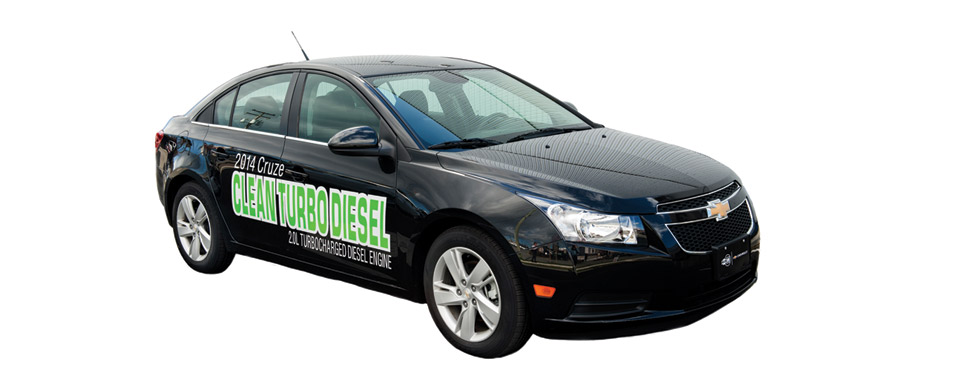– by Al Duncan, Motorize Auto Direct –
Automakers large and small have been producing energy efficient vehicles of all descriptions for over a decade now … even longer if you factor in the little four-cylinder units produced in the 1980s right after the fuel crunch.
As technology fosters new ways to maximize the conversion of oil to propulsive energy, there is a bit of war brewing between car makers. You see, a lot of people aren’t interested in emissions. We all want clean air to breathe but we don’t really think about it when we jump into our cars and head to work every morning. Going green costs money and if your existing vehicle suits your needs just fine, would you and could you justify the added expense of a vehicle upgrade to reduce your footprint on planet earth? While many folks are doing just that, the majority are still buying vehicles that appeal to them.
In the world of hybrid and electric cars, the offerings are relatively few and the costs are still relatively high. Yes, you will save gas in a hybrid but you most likely won’t find one that will tow your boat, camping trailer or have seating for seven people and their luggage. Same thing in the world of electrics: you won’t spend a penny on gas but you won’t be going offroading or driving to Nanaimo and back without spending a nice long lunch break waiting for your car to recharge.
Are fuel savings what appeal to you? If so, what about the premium purchase price when compared to other internal combustion options? Can you make do with a car that has a limited range? If so, do you need another vehicle in your family fleet for longer trips or towing duty? What about the emissions? Do you care what comes out of your car’s exhaust? All valid points; let’s try to make sense of a trend that’s not going away.
Every year, there is an increasing number of electrics and hybrids sold in North America, mostly to retail consumers, although commercial applications are gaining ground with the likes of UPS which now has a large portion of its city delivery fleets running some form of alternate power. The majority of retail consumers in big cities with short commutes can have the best of both worlds: reduced fuel bills and a good night’s sleep knowing they’re doing their part to save the planet as long as they can afford the technology that makes this possible. Electric cars impose limits on how far you can drive simply by the restraints of battery size and packaging options. Hybrid cars make the most of a combination of fuel-sipping gasoline engines combined with an electric assist motor; you can get around quite well although you won’t be setting new lap times in most cases. Typically, gear heads and enthusiasts do not favour these alternate propulsion systems (McLaren P1 and Porsche 918 excluded). The Tesla Model S is stunning and suffers very little when compared to gasoline-powered equivalents, but who can afford one? Very few.
In the past three years, electric car sales in America have gone from 3,000 units a year to well over 65,000 units in the last model year. Sales in large cities are continuing in a very steep upward curve but out in the country it’s a different story: no sales worth mentioning and none predicted. Here on the Island, for example, an electric car is perfect for in-city use and short commutes but a long distance commuter, of which there are plenty, would favour a hybrid. Those that need to haul, carry loads or work off the beaten path are out of luck for now: there are no electric pickup trucks on the drawing board yet.
Do we really need hybrids and electrics when we now have the likes of Mazda’s Skyactive technology, which yields hybrid-like features in an economical package? In America (a measurable entity compared with the small Canadian population), the average age of vehicles on the road is eight years. Never before in history have we all been driving around in so many old, inefficient clunkers. When the bubble bursts and these cars are replaced, it will be done by default with infinitely more efficient offerings. In the coming years there will be more options for consumers. Within a year BMW will release the i3, an entry-level electric for the masses.
Maybe it’s time for us to evaluate our driving habits and priorities. I love the feeling of thrust provided by a 500-HP twin turbo monster but I have also lived with an electric Nissan Leaf for a month and you know what? It wasn’t half bad.




